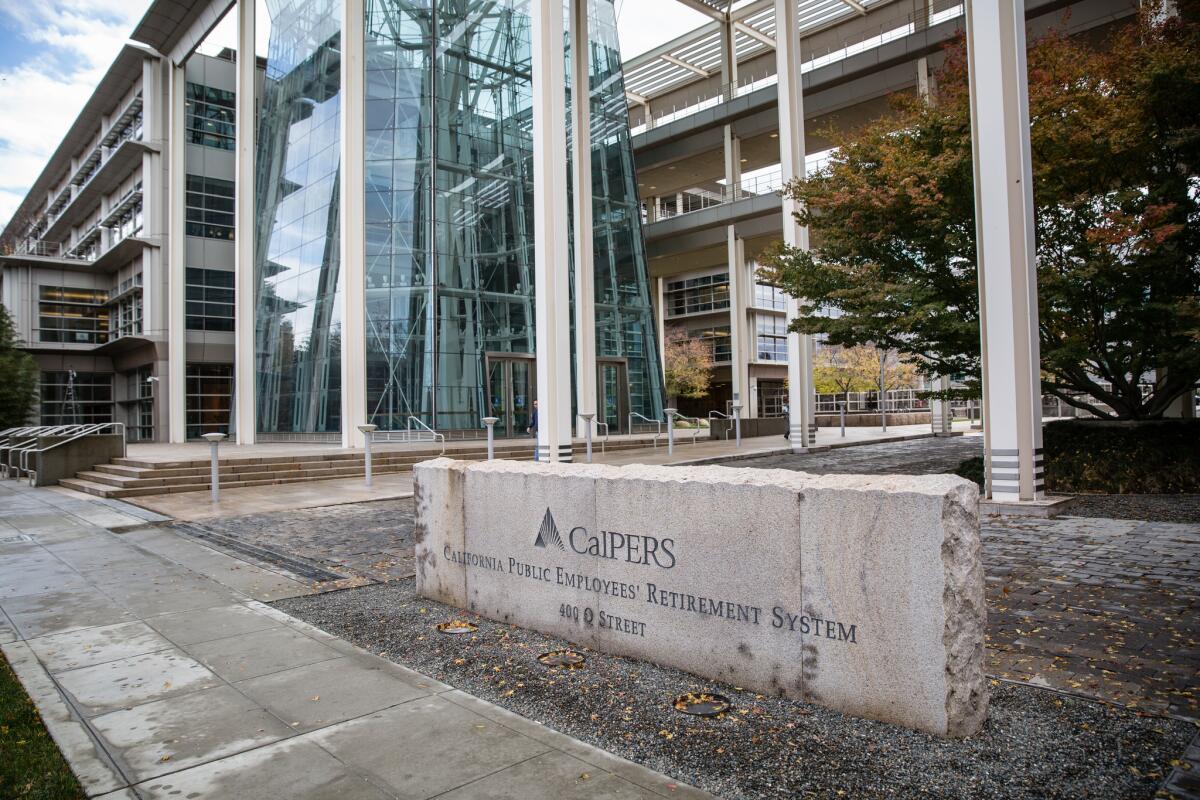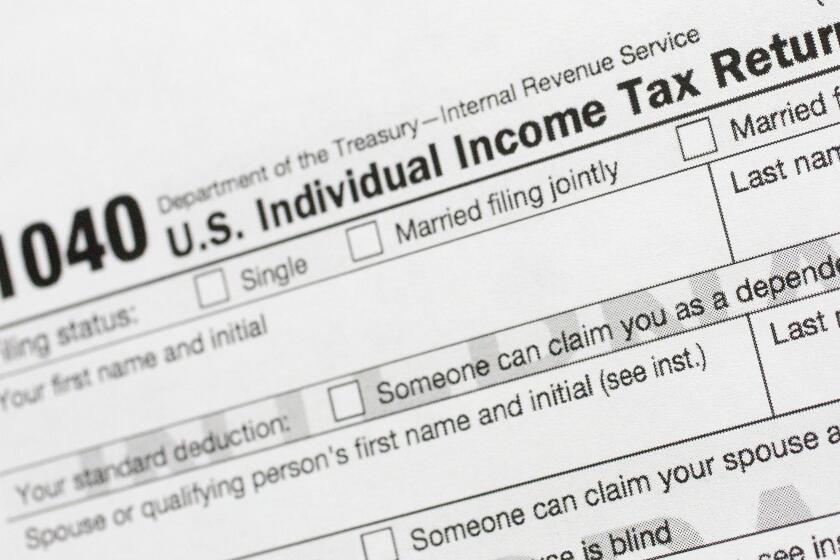CalPERS’ private equity fees under the microscope

A bill that would require more disclosure from private equity firms that manage money for California’s public pension plans has been weakened, prompting a former state investment official and early backer of the legislation to pull his support.
Assembly Bill 2833 would have required pension plans to demand a full accounting of fees charged by the private equity firms they invest in. But recent changes to the legislation have relaxed requirements related to a type of indirect fee that critics say is particularly harmful to investors.
Michael Flaherman, a former board member of the California Public Employees’ Retirement System who had promoted the legislation, argues that the change has gutted the bill.
“The private equity industry clearly intends to fool the Legislature and the public with the most recent amendments to AB 2833,” Flaherman, who has also worked for private equity firms, wrote in a letter sent to legislators last week.
The legislation, authored by Assemblyman Ken Cooley (D-Rancho Cordova) and sponsored by Treasurer John Chiang, would have prohibited CalPERS, the nation’s largest public pension plan, and other public pension plans from making investments in private equity without the full accounting of fees.
Private equity firms, which buy and sell whole companies, have long charged high fees with the promise of providing higher returns to investors – although some studies suggest that those returns aren’t as rich as promised. The charges include management fees, which are a set percentage of the money investors put into a private equity fund, and performance fees, often about 20% of the profit generated by their investments.
The fees that California’s pension plans pay came under scrutiny last year after a CalPERS executive was questioned by a board member and acknowledged the pension giant did not track all fees. In November, CalPERS issued a report showing that the system had paid $3.4 billion in performance fees alone since 1990, prompting Chiang to seek the legislation.
Many firms also charge what are called monitoring or portfolio company fees. Unlike management fees, these are not paid directly by investors but by the companies a private equity fund invests in or acquires.
The original bill would have required firms to report the total fees paid by the companies within a particular private equity fund. Now the bill only requires the firms to report the share of fees proportional to a California public pension’s investment in a particular fund.
Flaherman said that’s a crucial change. Because of the way that private equity deals are often structured, it would make it impossible to know how much companies are really paying.
That’s a problem, he said, because the fees, which can add up to millions of dollars, can be a big burden for the companies paying them – potentially cutting into their profitability or ability to grow – and therefore harmful to investors.
“It’s misleading to say the pro-rata cost is the full economic cost to an investor,” Flaherman said. “It doesn’t capture the reduced profitability of the company that is the result of the squandering of that capital.”
The bill was amended June 21 after CalPERS and the California State Teachers’ Retirement System, the nation’s second-largest public pension system, asked for some changes and worked with Cooley and Chiang’s office on new language.
The two giant pension funds manage a combined $485 billion, with about 9% of that invested in private equity, which has offered better returns than other investments, according to the pension plans’ annual reports.
CalSTRS in particular had raised concerns that if the bill became law it could endanger those returns because some private equity firms might choose not to work with California pension funds, preferring instead to take money from investors who don’t have such strict disclosure requirements.
Timothy Spangler, a UCLA law professor who has worked with private equity firms and investors, said that’s a legitimate concern.
“If you’re producing 30% returns year in, year out, you have a lot of people who want to invest in your funds,” he said.
Deputy Treasurer Grant Boyken said a complete accounting of fees – the kind that the bill originally called for – is an admirable goal but that getting the share of fees paid by pension funds is Chiang’s main concern.
“Our immediate goal is to look at what California pension funds are paying,” Boyken said. “The language we have now does that. The bigger story with private equity is not how much we’re paying, but are we paying too much? We can’t have that conversation until we know how much we are paying.”
Cooley acknowledged that the current bill has weaker reporting requirements than the original version, but he said it still requires more information to be disclosed – and the more the better.
“It is incremental but nonetheless a very significant change in the direction of disclosure,” he said. “I think it’s going to set things in motion.”
Although private equity firms have not publicly opposed AB 2833, Spangler said firms probably are not wild about the legislation, even with the recent amendments. Still, he said they are likely to be more amenable to the new language than the original, which he said looked more like a backdoor regulation aimed at forcing firms to disclose information that has long been private.
“If we’re going to regulate the way [firms] operate, it should be something the Securities and Exchange Commission regulates nationwide,” Spangler said. “It concerns me when one state capital wants to regulate an entire industry and use their pension plans as a way to expand federal law.”
AB 2833, approved last month by the state Senate public employment and retirement committee, is scheduled for a hearing before the Senate appropriations committee Aug. 1.
More to Read
Inside the business of entertainment
The Wide Shot brings you news, analysis and insights on everything from streaming wars to production — and what it all means for the future.
You may occasionally receive promotional content from the Los Angeles Times.











